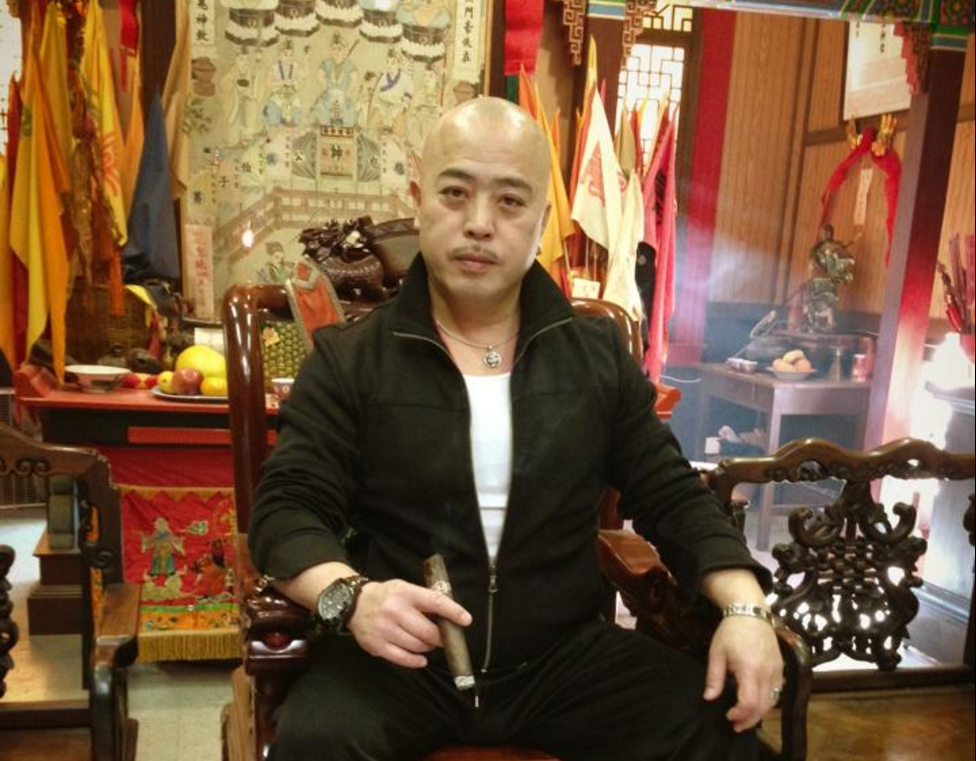SAN FRANCISCO—San Francisco prosecutors announced on Monday, October 26, that the United States Attorney’s Office will not be seeking the death penalty against renowned Chinatown crime-ring leader, Raymond “Shrimp Boy” Chow, 55, in the conviction of California State Senator Leland Yee.
Chow is currently facing multiple charges for money laundering, partaking in a racketeering enterprise, and organized crime, which led to the investigation and conviction of Yee.
Yee has pleaded guilty to taking bribes and partaking in illegal trade activity in connection to Chow’s racketeering enterprise.
The FBI estimates that Chow laundered approximately $2.6 million through his trafficking enterprise by using Ghee Kung Tong. Chow has pleaded not guilty to charges of money laundering, organized homicide, and trafficking. Chow’s defense attorney, Curtis Briggs argues that Chow has no connection or credible evidence linking him to these allegations.
A federal grand jury indictment that took place on October 16 stated that Chow was said to have arranged the assassination of Alan Leung in February 2006 to hold the position of “dragon head” in the Chinatown criminal enterprise, Ghee Kung Tong. Chow has pleaded not guilty.
Local San Francisco officials noted Leung was deeply immersed in his role as “dragon head,” and well-known for his role as commissioner of the Taiwanese government in San Francisco.
According to San Francisco police officers, Leung was shot in front of his wife on Jackson Street, inside his import-export business building. The masked gunman who shot Leung demanded cash from him, but killed Leung upon receiving the money.
After Leung’s death, Chow took control of Ghee Kung Tong and allegedly transformed the organization into a platform of organized crime to traffic drugs, artillery, weapons, and stolen products; all offenses which are punishable by sentence of death, according to the U.S. Attorney’s Office.
Although the death penalty has been ruled out, Chow could still face a life sentence in prison, without the possibility of parole. The trial for opening statements is currently scheduled for Monday, November 9.






